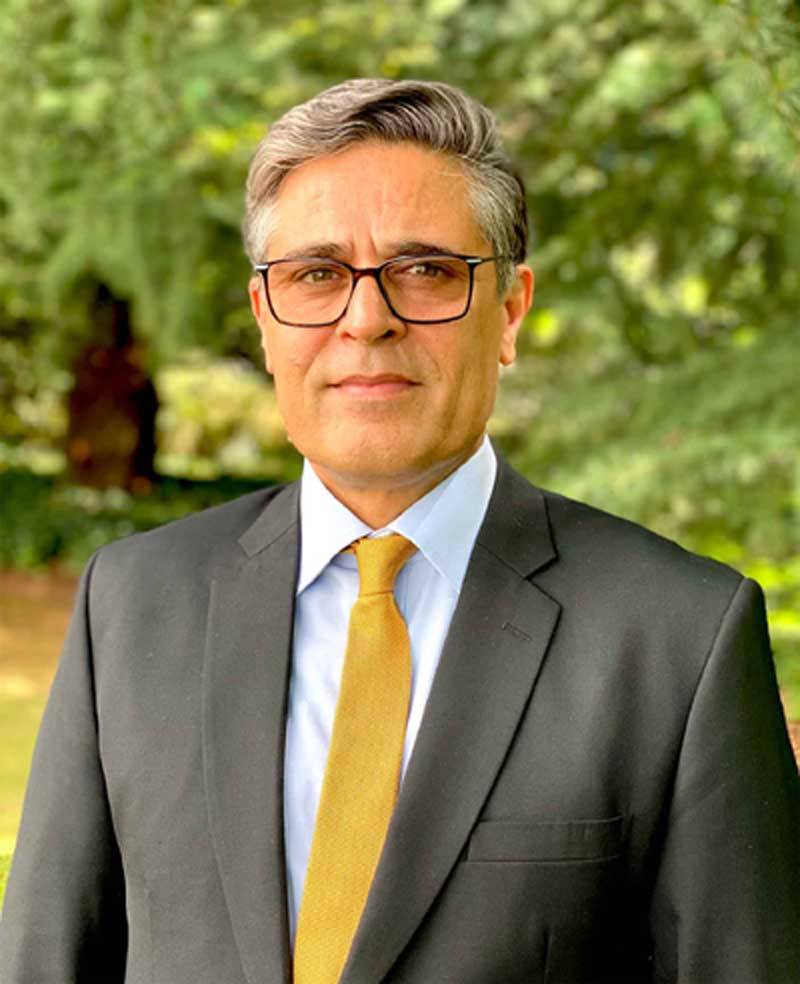BEIJING, May 4 (APP): Pakistan Ambassador to China Khalil Hashmi spoke highly of the extensive global cooperation on China’s Chang’e-6 mission, saying that this is a demonstration of international cooperation in action.
“Another milestone and good auspicious day for China, and for Pakistan-China friendship, but also for international cooperation. So, we see today China providing concrete example of a platform where European Space Agency, French and Italian Space Agencies and Pakistan space agencies are coming together and making their contributions. This is a demonstration of international cooperation in action,” the ambassador said in media talk with CGTN on the launch of Pakistan’s first lunar satellite, in collaboration with China’s Chang’e 6 mission.
“All of us have a shared future,” he said adding that space cooperation on Friday’s launch is a practical manifestation of sharing the benefits of technology with other countries and organizations.
Qamarul Islam, a professor at the Institute of Space Technology of Pakistan, expressed great appreciation for collaboration with China.
He said the relatively small countries who are not able to go into space on their own should be given the opportunity to do some space research.
About 50 guests from 12 countries and international organizations were invited by the China National Space Administration (CNSA) to attend a workshop focusing on the international payloads carried by Chang’e 6 and witness its launch at the Wenchang Space Launch Site in south China’s Hainan Province.
The Chang’e 6 mission is expected to collect samples from the far side of the moon, making this mission unprecedented in human history.
The mission is carrying four payloads developed through international cooperation, providing more opportunities for the world’s scientists and merging human expertise in space exploration.
Scientific instruments from France, Italy and the European Sp ace Agency (ESA) are aboard the Chang’e 6 lander, and a small satellite from Pakistan is aboard the orbiter.
On this year’s China Space Day, which fell on April 24, the CNSA declared that more partners, including one country and two international organizations, will participate in the construction and operation of the International Lunar Research Station (ILRS).
The new partners of the ILRS include Nicaragua, the Asia-Pacific Space Cooperation Organization, and the Arab Union for Astronomy and Space Sciences.
China will collaborate with these three parties on various issues concerning the ILRS, including its demonstration, engineering implementation, operation and application, according to the CNSA.
Officials at the CNSA have signed agreements and memorandums of understanding on cooperation on the ILRS with relevant officials from the three sides.
The construction of the ILRS will be carried out in three phases, with a basic model of the station expected to be completed by around 2030.
The research station is designed to operate autonomously for extended periods, with periodic human involvement, said the CNSA.
APP/asg





